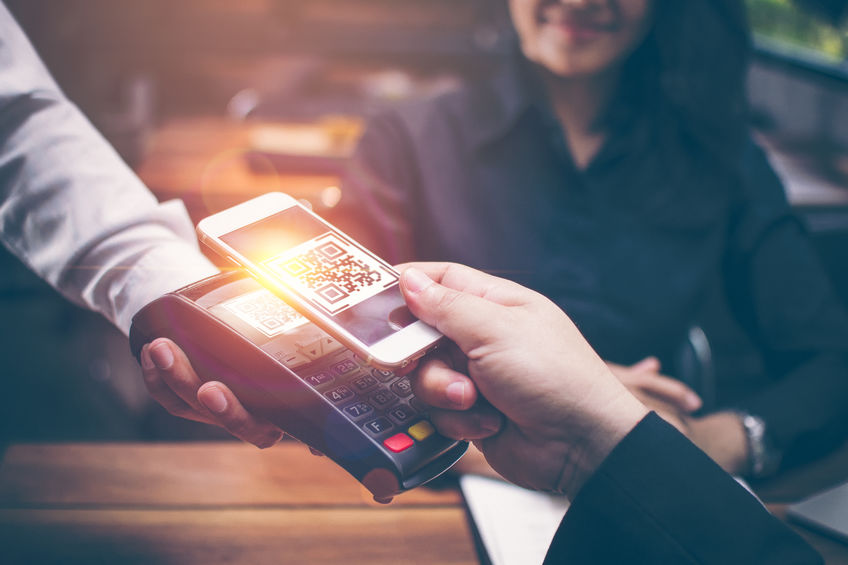Checking Accounts, Fees and Wallets Copy
Deposits
You can deposit money into your account using your mobile device by taking a picture of the front and back of the check, and like magic, it gets deposited into your account. You can also request money using Zelle or other tools and have the funds transferred into your account, and usually, this service is free for account holders. The only two types of transactions that still require a visit to your financial institution or an ATM include:
• Depositing cash
• Withdrawing cash
Most employers offer a direct deposit option for your paychecks. The employer will need your checking account number and routing number to set up the direct deposit process. With direct deposits combined with a mobile app, you can check to see how much you got paid at 2:00 a.m. while lying in bed. How amazing is that!
Mobile Wallets
A mobile wallet is an app on your phone that can be used to store the following and more:
• Credit and debit card information
• Coupons
• Boarding passes
• Concert or movie tickets
You can also have easy access to pay bills online. Many brick-and-mortar businesses have options that allow the customer to pay through mobile devices. If you forget your credit card at home, one scan from your phone will be sufficient to complete the payment for your purchases.
Types of Banking Accounts
Personal — Free checking is offered at most banks if you have a paycheck direct deposited or keep a specific minimum balance in your checking account.
Business — Business owners use business checking accounts instead of personal checking accounts.
Student —Mainly for minors or students, this account can be easily created without any credit or bank records. For minors to have a joint account with a parent, the parent will need good credit or bank history to qualify.
Joint — Ownership of account by two or more people so more than one person can make any payments, withdrawal, or any other financial action.
Interest-Bearing — This option lets you earn interest on the money in the account if you meet the requirements such as direct deposit, debit card usage, or other criteria.
Second Chance — For people who have bad credit or banking records and can’t open a standard checking account, second chance accounts are offered. Based on the bank, and because of risk, there might be a higher fee than traditional checking accounts. If you keep a good financial history with this account, you can be eligible to get a standard account after discussing it with an agent.
Mobile Banking Fees
All fees will be mentioned on banking apps, so please carefully read the terms before you create an account. Here is a list of common banking fees:
Monthly Maintenance — often these fees can be waived if you meet the requirements, such as always having a certain amount of money in your account or participating in direct deposit. Make sure to check with your financial institution to find out their rules.
Overdraft— if you make payments or purchases exceeding the amount of money in your account, you will get charged an overdraft fee by your bank and potentially another fee from the entity you were attempting to pay. You may be able to select a setting for your account that will not allow purchases when you do not have sufficient funds or a setting for overdraft prevention, which can help you avoid overdraft fees.
ATM Fees — These fees only occur if you use the ATM of a different bank or a location that is not within your financial institution’s network.
Wire Transfer — Fee charged when sending or receiving funds by wire and is higher if the money is transferred internationally.
Stop Payment — Fees are charged when you cancel a check.
Other Fees — Paper statements, bounced-check, balance inquiry, dormant account, check printing fee, teller fee, and more are conveniences that banks often charge a fee to perform.
Final Thoughts
Mobile banking is an inexpensive method that gives you 24/7 to your funds, and this can help you with budgeting and managing your financial resources.

